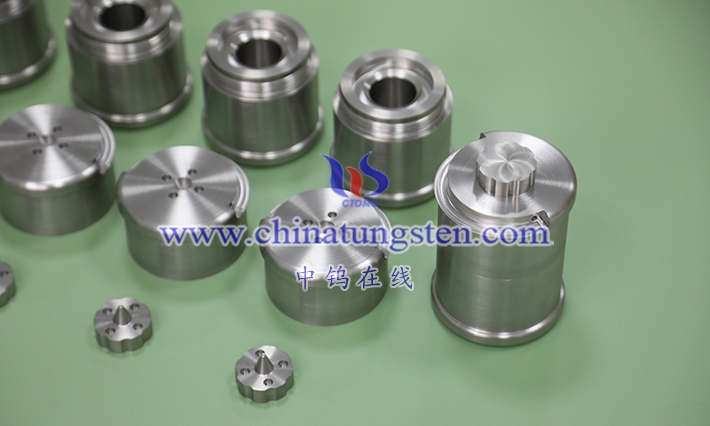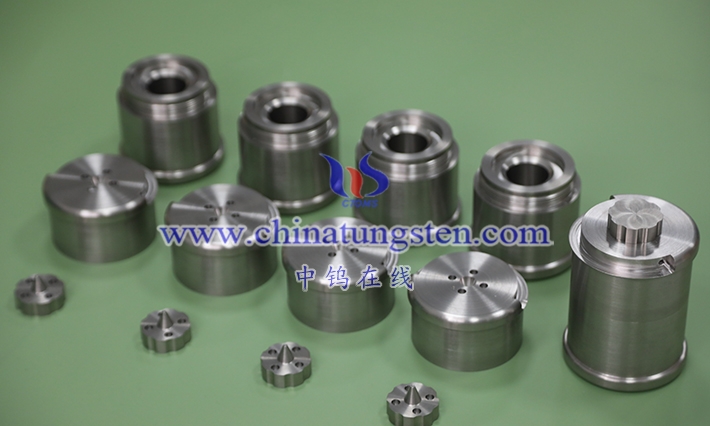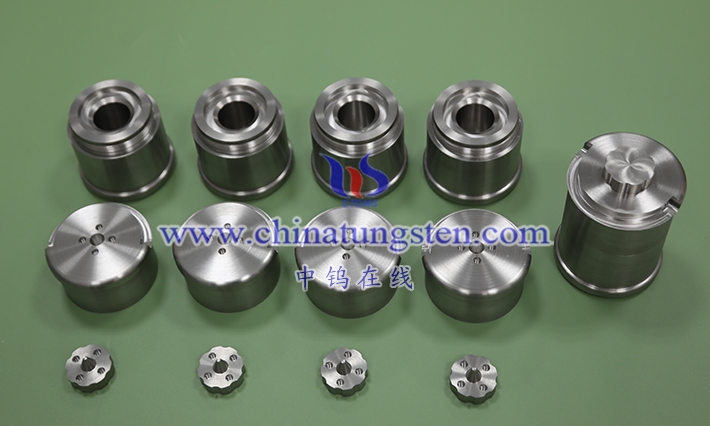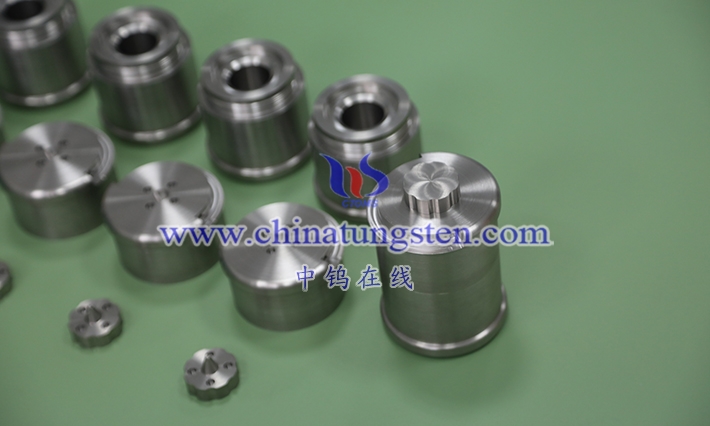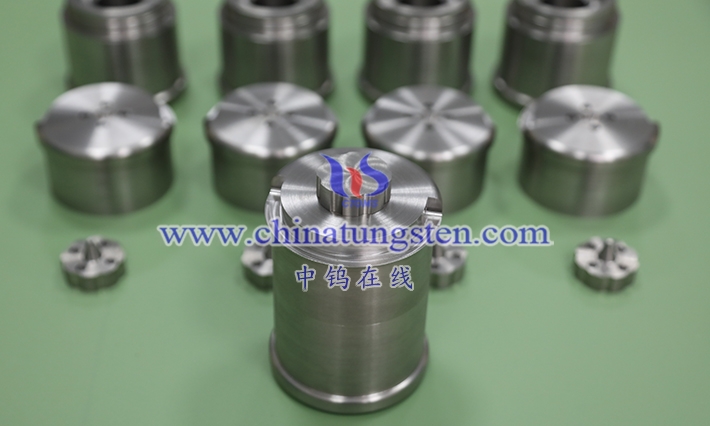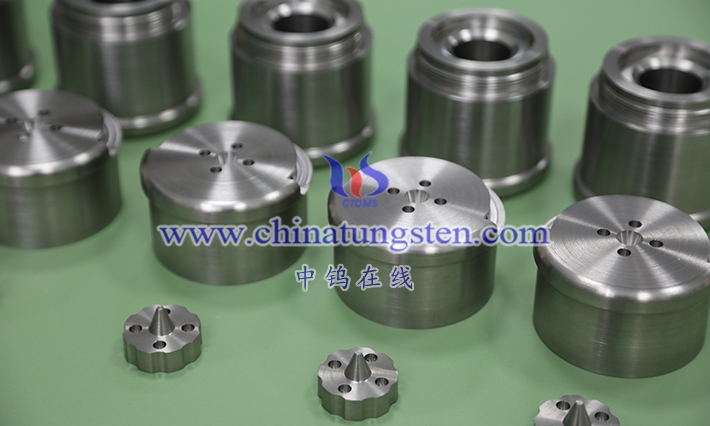What are the key points in the performance comparison between tungsten alloy screws and titanium screws? Mainly including density and weight, mechanical strength, corrosion resistance, heat resistance, and application costs. First, density and weight key points: Tungsten alloys have high density (16.5-18.5g/cm³), suitable for radiation shielding and counterweights; titanium has low density (4.5g/cm³), high specific strength (strength/density), with obvious lightweight advantages, suitable for aviation weight reduction occasions.
Second, mechanical strength key points: Tungsten alloys have high hardness (HRC 25-35) and strong tensile strength (900-1200MPa), wear and vibration resistant; titanium alloys (like TC4) have high strength (about 1100MPa), good ductility and fatigue resistance, suitable for dynamic loads, but low surface hardness, prone to scratches.
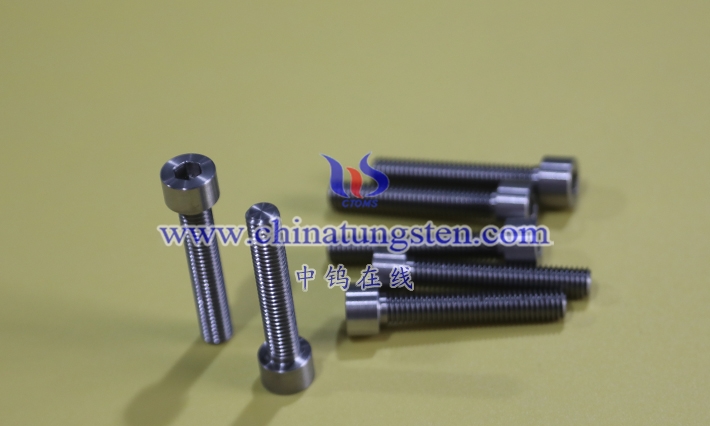
Third, corrosion resistance key points: Titanium alloys form oxide films on the surface, extremely resistant to strong acids, alkalis, and seawater corrosion; tungsten alloys have good stability, but higher corrosion rate in salt fog environments, requiring coatings for protection, with titanium superior in this point.
Fourth, heat resistance key points: Tungsten alloys have high melting point (3422°C), excellent high-temperature stability; titanium has lower melting point (1668°C), but reliable at medium high temperatures (like 800°C), with tungsten more suitable for extreme high temperatures.
Fifth, application cost key points: Tungsten alloys are difficult to process and high-cost, specialized for high-end like nuclear industries; titanium is expensive but biocompatible, widely used in medical implants and marine.
Overall key points, tungsten alloys lead in density and hardness, titanium excels in lightweight and corrosion resistance, choice depending on needs.
